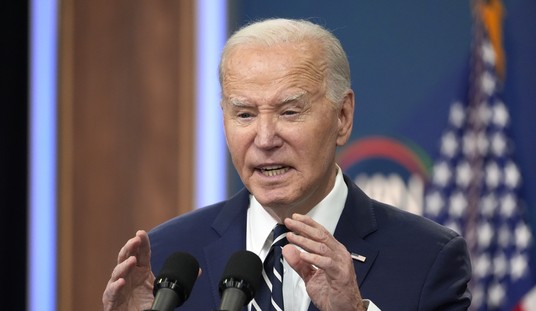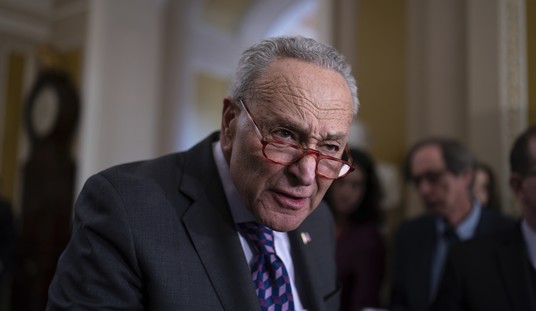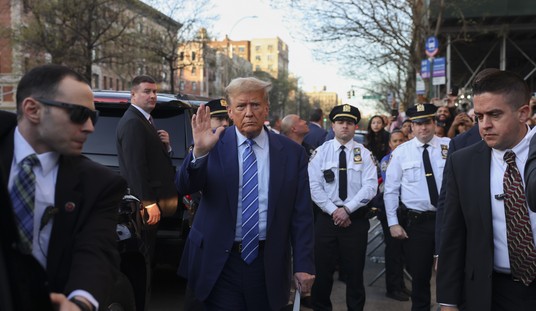After the Exxon Valdez oil spill in 1989, Congress passed the Oil Pollution Act of 1990, warmly referred to as “OPA90”. OPA90 provided for an emergency spill fund so that response for a future spill could begin right away; established the US Coast Guard as the lead agency responsible for spill response; and for the first time required minimum insurance coverage and detailed spill contingency plans for operators of marine vessels, including operators of offshore oil and gas leases.
Another thing that OPA90 did, that seems to have escaped the notice of a legion of plaintiffs’ attorneys and potential claimants: it caps the commercial liability of those operators:
§1004 The liability for tank vessels larger than 3,000 gross tons is increased to $1,200 per gross ton or $10 million, whichever is greater. Responsible parties at onshore facilities and deepwater ports are liable for up to $350 millon per spill; holders of leases or permits for offshore facilities … are liable for up to $75 million per spill, plus removal costs.
There have been reports in the news media speculating as to BP’s liability, bidding up the amount each time: $1 billion, $3 billion, $8 billion, $14 billion…
I’m no lawyer, but with OPA90, that sounds a tad high to me.
OPA90 clearly holds BP responsible for the environmental cleanup. They could potentially be liable for personal injury claims related to the rig explosion and fire; injuries to personnel were not the result of the oil spill, after all. The liability for the loss of the rig by contract normally rests with the contractor, in this case Transocean, who is mostly insured for such events.
But claims of individuals and businesses affected by the spill are subject to the $75 million limit. This would include damages to fisheries, demurrage, business interruption, damage to the oil & gas resource, whatever you might imagine. A bankrupt company is of little use in cleaning up a spill.
Oh, and as for interpreting the law, you don’t have to believe me — three Democratic senators, all from coastal states opposed to offshore drilling, agree.
“[British Petroleum] says it’ll pay for this mess. Baloney,” says Florida Sen. Bill Nelson. “They’re not going to want to pay any more than what the law says they have to, which is why we can’t let them off the hook.”
Nelson has co-sponsored the bill with New Jersey Sens. Frank Lautenberg and Bob Menendez. According to their joint release, the law only requires the company responsible to cover all costs related to cleaning up an oil spill, but places a $75-million cap economic damages such as lost business revenues, damages to natural resources or lost local tax revenues.
“The bottom line is that oil spills can leave massive holes in the economy. If you spill it, you should have to fill it,” said Menendez, the bill’s primary sponsor. “There is no such thing as a ‘Too Big to Spill’ oil well, which is why we need this economic protection in place.”
[Emphasis added in 3rd paragraph. Bob Menendez channeling Johnnie Cochrane in the original. – ed.]
The liability limit was originally put in the law, as I understand, to gain industry support (the maritime industry, as well as oil and gas) for passage of the law. Plus, it was a practical consideration. Lawmakers at the time realized that in the event of a large scale spill event effecting a major harbor, waterway, or coastal area, the only limit on damages is the creativity of lawyers being paid on contingency.
But the lawmakers also didn’t conceive of a spill of the magnitude of the Deepwater Horizon spill.
For its part, BP has begun the macabre dance of trying to shift as much blame as possible to other parties, mainly rig owner Transocean, at this stage:
Robert Wine, a BP spokesman in London, says the responsibility for the drilling on the Deepwater Horizon was entirely Transocean’s. “It was not appropriate to second-guess Transocean,” says Mr. Wine. “It’s not BP’s role to oversee the safety of the rig.” Like many of its peers, BP did not require Transocean to install the acoustic back-ups used in the North Sea to trigger the blow-out preventer in the Gulf, which is not required by American law. Past experience shows that BP’s erection of a smokescreen to shift the blame will not survive scrutiny. Retreating to comfort zones could prove to be unsustainable.
Transocean spokesman Guy Cantwell says the company is “continuing to coordinate with everyone involved” in the investigation, and that “Transocean has a recognized safety record.”
[Source. Link may require registration.]
This deal will take years to play out in the courts and will doubtless spur the legislative ambitions of other politicians. As for me, I’m just hoping that BP controls this well very soon, that the environmental damage is minimal, and that the legislative and regulatory damage is minimal, too.
Cross-posted at VladEnBlog.













Join the conversation as a VIP Member